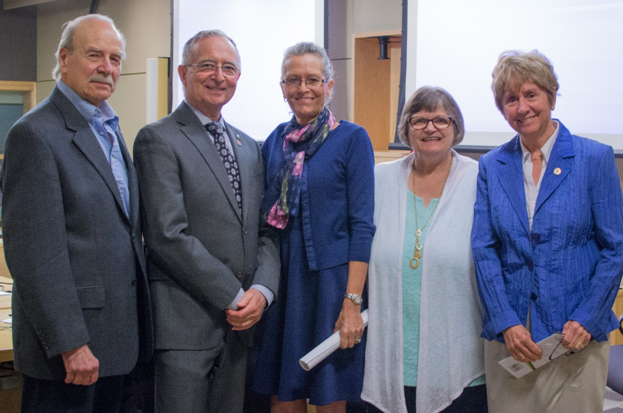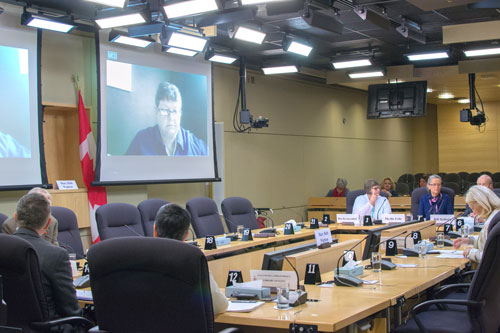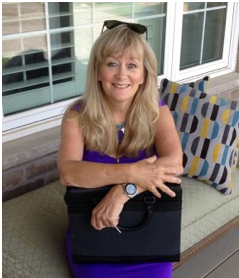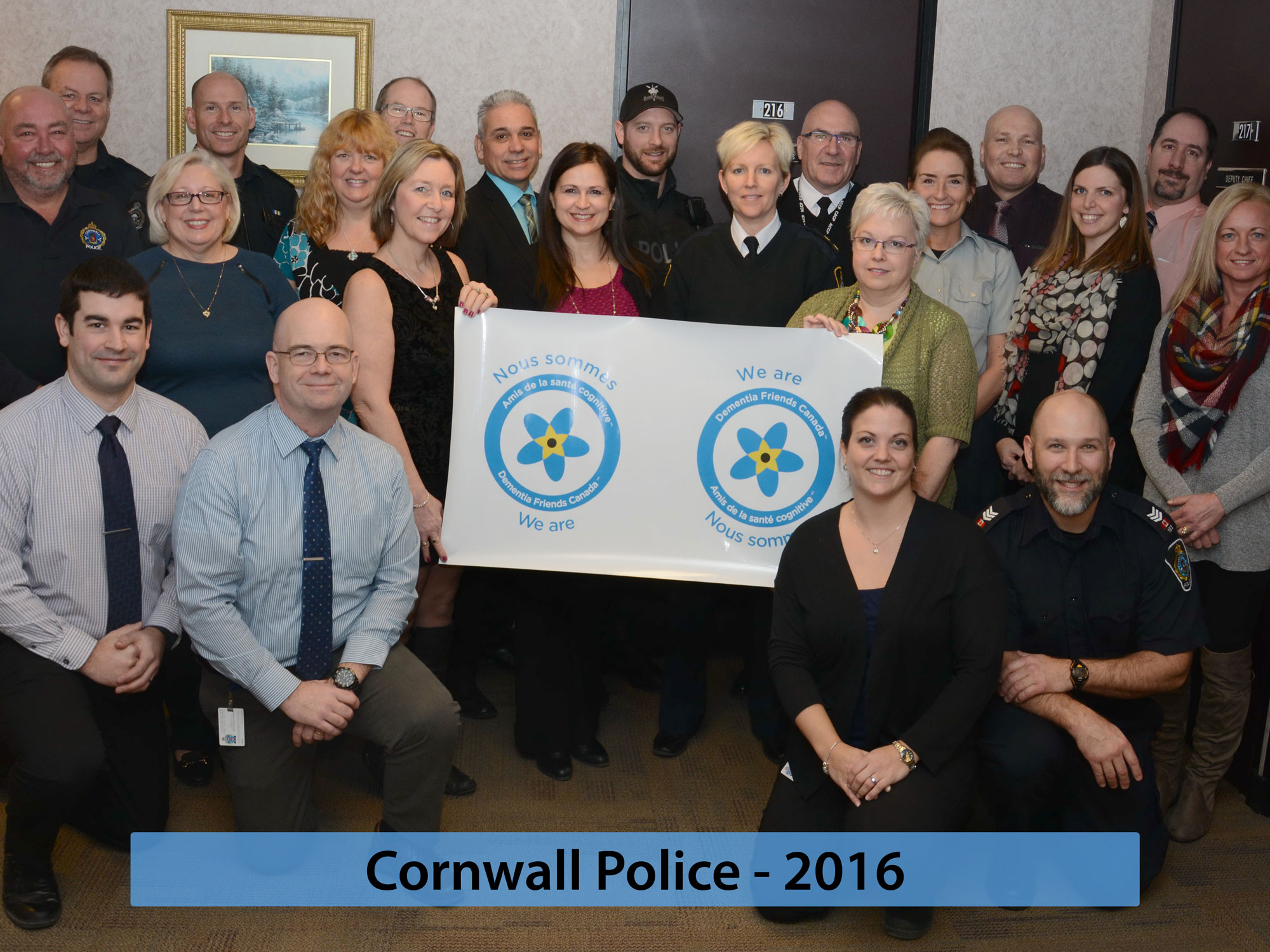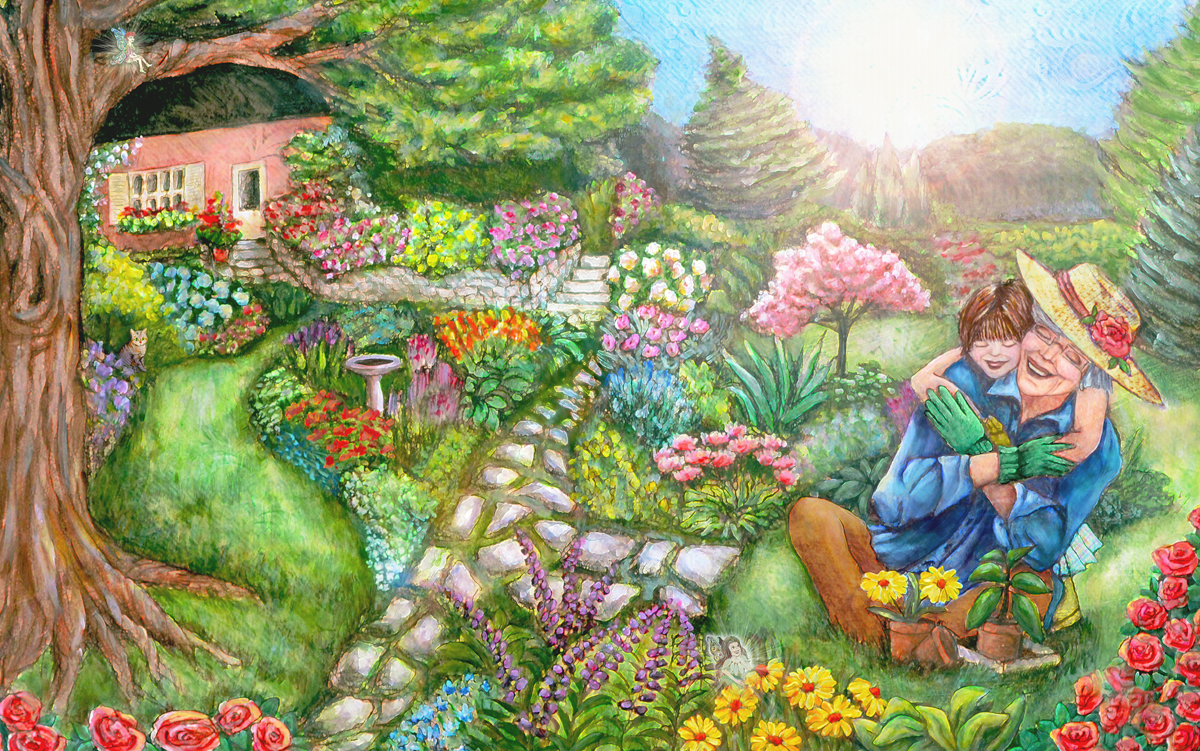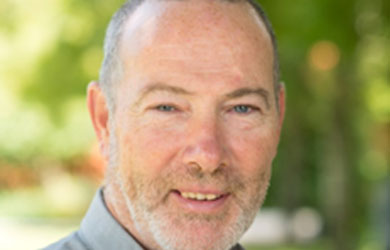The Ontario Dementia Advisory Group challenges us to think differently about a diagnosis
In February 2016, the Standing Senate Committee on Social Affairs, Science and Technology started investigating the issue of dementia in Canada , with the aim of producing a final report by November 30, 2016. They’ve met with myriad witnesses representing many aspects of the complex network of health agencies, experts and researchers who can lend insights into the state of dementia. Executive directors, doctors, and other professionals helped to guide and inform the course of the study as Witnesses. But…
